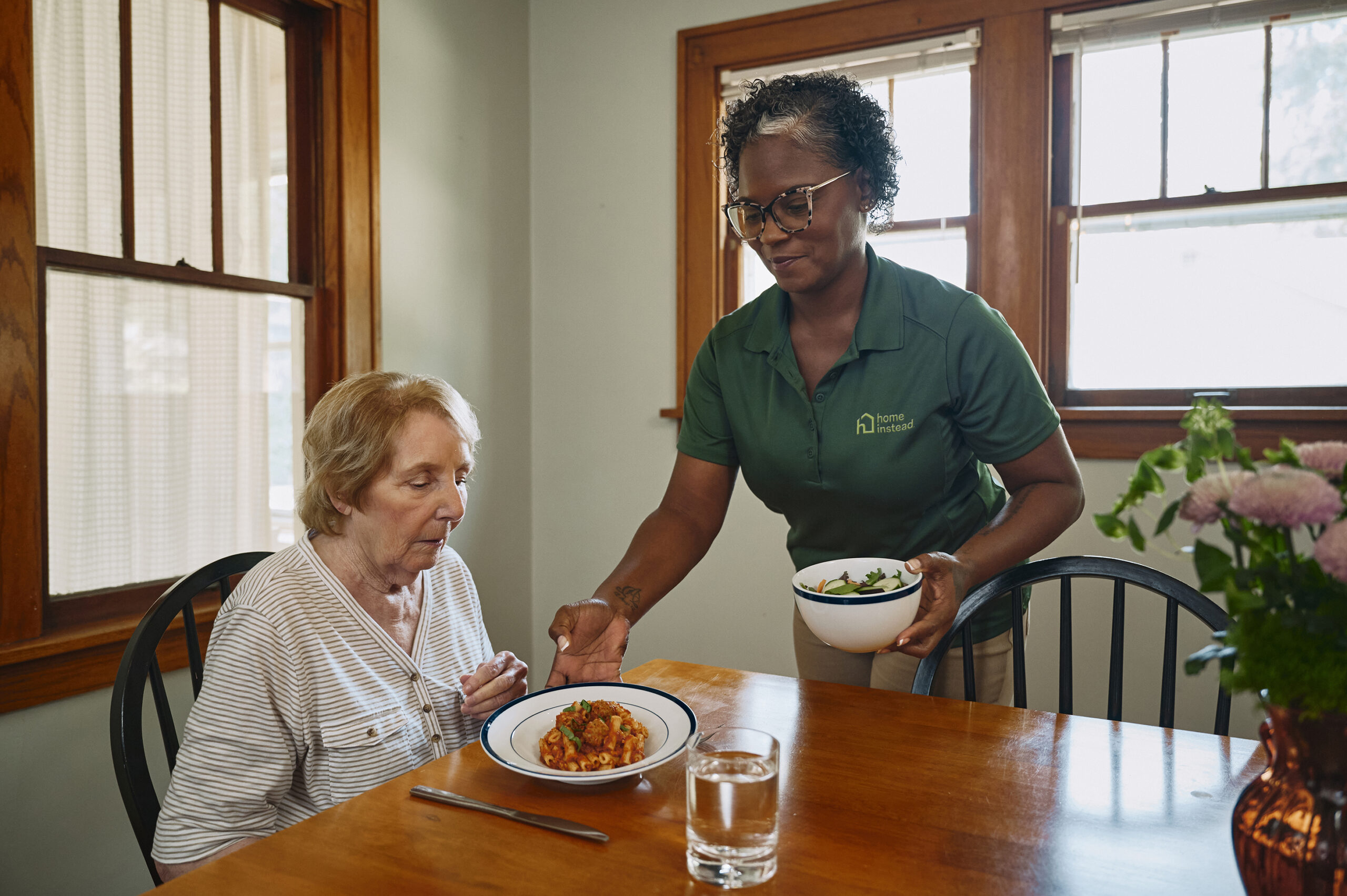Home caregivers do more than assist with daily tasks—they offer companionship, emotional support, and a vital connection to the outside world. Here’s what you can expect from their care.
Introduction: The Quiet Heroes of Home
When life brings new challenges for aging parents or loved ones with disabilities, the question often arises: How can we help them stay safe, comfortable, and independent at home? The answer for many families is a home caregiver.
Home caregivers offer far more than just assistance — they provide reassurance, companionship, and peace of mind. But what exactly does a home caregiver do? Let’s explore the wide-ranging responsibilities of these professionals and why their support is often life-changing.
What Is a Home Caregiver?
A home caregiver — also known as an in-home caregiver or personal care aide—is a trained professional who provides non-medical support to individuals in their homes. These services help people maintain independence while receiving personalized care in the comfort of familiar surroundings.
Home caregivers are employed through a licensed home care agency. Their duties vary based on the client’s needs, but the goal remains the same: enhancing quality of life at home.
The Core Responsibilities of a Home Caregiver
1. Personal Care Assistance
Helping with daily hygiene routines is one of the most essential roles a caregiver plays. This can include:
Bathing and grooming
Dressing
Toileting and incontinence care
Oral hygiene
Mobility assistance and fall prevention
Caregivers are trained to support these needs with dignity and discretion, ensuring clients feel respected and safe.
2. Meal Preparation and Nutrition Monitoring
Caregivers help plan, prepare, and serve nutritious meals tailored to dietary needs. This may involve:
Cooking healthy meals
Monitoring food and fluid intake
Managing special diets (e.g., low-sodium, diabetic)
Assisting with feeding, if necessary
3. Medication Reminders
While they cannot administer medication (unless specially certified), caregivers play a vital role in:
Reminding clients to take medications on time
Monitoring for side effects
Reporting missed doses or concerns to family or healthcare providers
4. Companionship and Emotional Support
Caregiving goes beyond physical tasks—it’s about connection. Companionship services include:
Engaging in conversation
Playing games, reading, or doing puzzles
Going for walks or attending events together
Offering emotional comfort
This human interaction helps prevent loneliness, depression, and cognitive decline.
5. Light Housekeeping
To ensure a clean and safe living environment, caregivers often help with:
Washing dishes
Laundry and changing bed linens
Tidying rooms
Vacuuming and dusting
Taking out the trash
These tasks may seem small, but they make a big difference in quality of life.
6. Transportation and Errands
When driving is no longer an option, caregivers provide support with:
Doctor’s appointments
Pharmacy pickups
Grocery shopping
Social outings or community events
Reliable transportation ensures clients stay active and connected.
Specialized Home Caregiver Services
Some caregivers are trained to assist with more complex needs, including:
1. Alzheimer’s and Dementia Care
Caregivers trained in memory care help clients with cognitive impairments maintain a structured routine and emotional stability. They may use:
Redirection techniques
Memory games
Consistent routines to reduce confusion
2. End-of-Life and Hospice Support
Compassionate caregivers offer comfort-focused support, including:
Managing pain and symptom relief under hospice direction
Providing emotional support to both the client and family
Ensuring dignity in the final stage of life
3. Respite Care
Caregivers can provide temporary care so family members can take breaks, run errands, or tend to their own well-being—without worry.
Who Benefits from a Home Caregiver?
Home caregivers serve a wide range of individuals, including:
Seniors aging in place
Individuals recovering from surgery or illness
People with chronic conditions like Parkinson’s or arthritis
Disabled individuals needing mobility or daily support
Family caregivers in need of respite
Whether part-time or 24/7, the support can be life-changing—for both the person receiving care and their loved ones.
Signs Your Loved One Might Need a Caregiver
Not sure if now is the time to bring in help? Look for these subtle signs:
Missed medications or doctor’s appointments
Declining hygiene or nutrition
Increased falls or mobility issues
Isolation or withdrawal from social activities
Mood changes or memory concerns
A home caregiver can often prevent these issues from escalating further.
Hiring a Home Caregiver: What to Look For
When hiring a caregiver (independently or through an agency), consider:
Training & certifications: CPR, first aid, specialized care training
Experience with similar needs: e.g., Alzheimer’s care
Background checks and references
Compatibility with your loved one’s personality
Clear communication skills
Working with a licensed home care agency offers peace of mind—agencies vet, train, and supervise caregivers for quality and accountability.
The Peace of Mind Caregivers Provide
The true value of a caregiver isn’t just in the tasks they perform—it’s in the peace of mind they bring. Family members can rest easier knowing their loved one is:
Safe at home
Emotionally supported
Receiving consistent, reliable care
Living with dignity and independence
Caregivers become trusted companions—often considered part of the family.
How to Get Started with In-Home Care
Getting started is easier than you think:
Schedule a home care assessment
A professional will review your loved one’s needs and recommend a care plan.Choose your caregiver or care team
Agencies match you with caregivers based on your loved one’s needs and preferences.Start care with ongoing support
Services can begin right away, and care plans are adjusted as needs evolve.
Frequently Asked Questions
Q: Can caregivers help with medical tasks?
A: Non-medical caregivers cannot provide skilled nursing but can assist with medication reminders, mobility, and hygiene. For medical support, agencies may also offer skilled nursing services.
Q: How many hours a week should I schedule?
A: This depends on your loved one’s needs. Some benefit from just a few hours weekly, while others require round-the-clock support. A care consultation helps determine the right fit.
Q: Is in-home care covered by insurance?
A: Long-term care insurance may cover it. Medicare typically does not pay for non-medical care, but some state Medicaid programs do. Check with your provider or agency.
Final Thoughts: Empowering Independence at Home
Hiring a home caregiver isn’t just a convenience—it’s an act of love. It empowers older adults and those with special needs to live fully and independently at home, while bringing families comfort and peace of mind.
Whether you’re just starting to explore options or ready to set up services, knowing what a caregiver does—and how much they can help—makes all the difference.
Ready to bring compassionate care home? Schedule a free in-home care consultation today. Discover how our dedicated caregivers can bring comfort, dignity, and peace of mind to your family.



